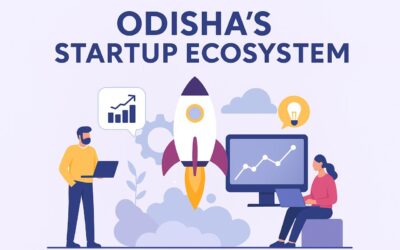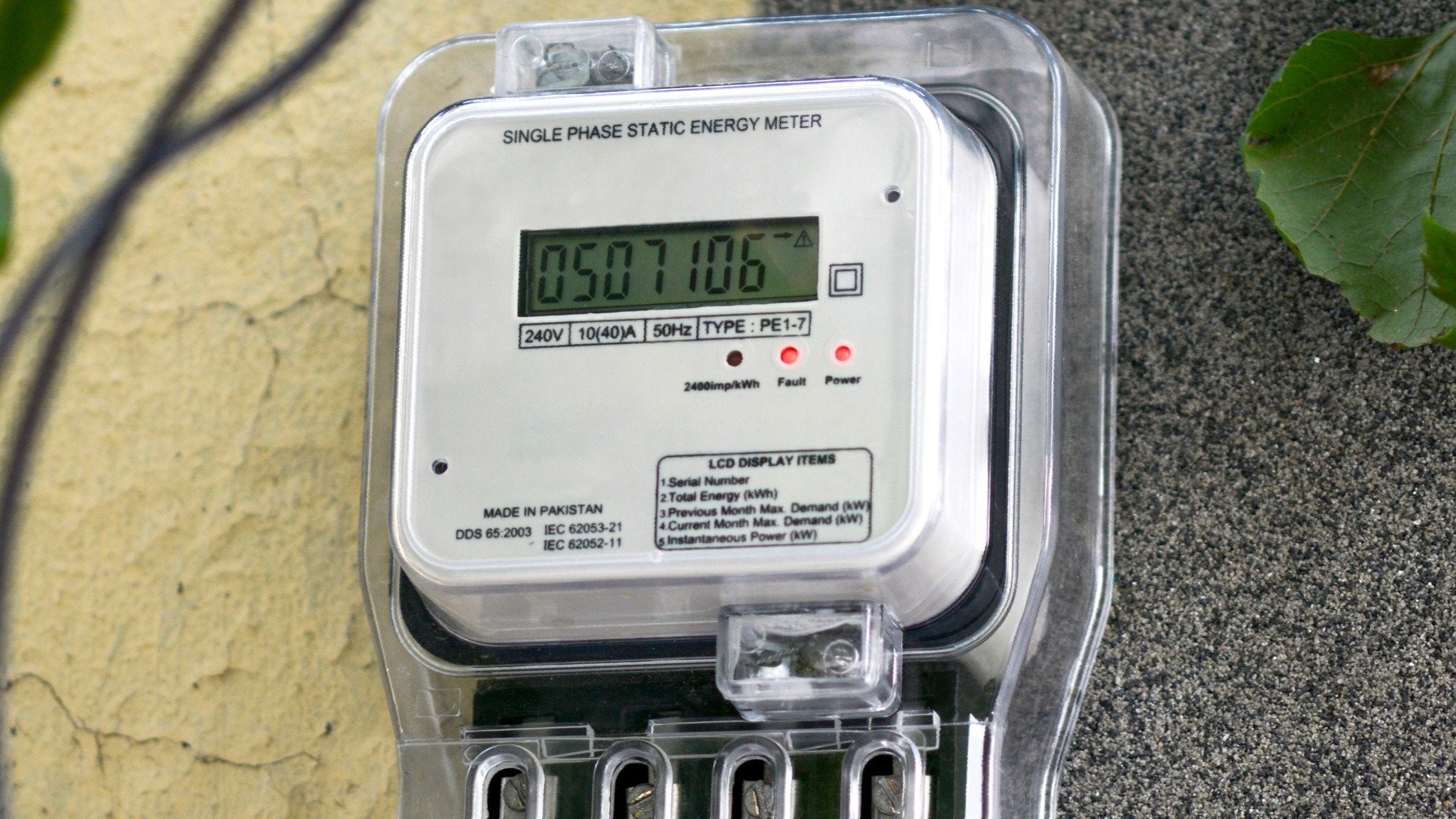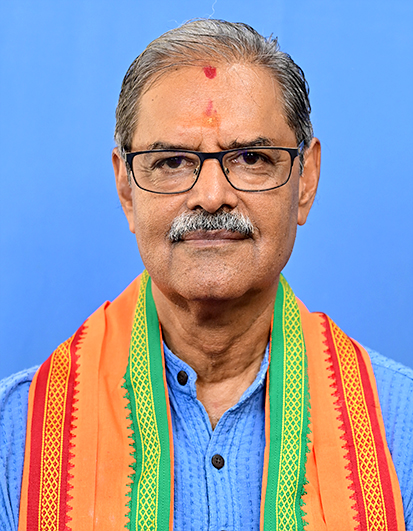Odisha Reviews Progress of District Mineral Funds to Boost Development in Mining-Affected Areas

State-level committee focuses on better fund utilisation, monitoring, and long-term development planning
Bhubaneswar : A high-level meeting of the State Level Committee of District Mineral Institutes (DMIs) was held at Lok Seva Bhavan under the chairmanship of Chief Secretary Manoj Ahuja to review the implementation and utilisation of the District Mineral Fund (DMF) across the state. The meeting was attended by Development Commissioner Surendra Kumar, Additional Chief Secretary Anu Garg, and other senior officials from the state and central governments.
During the meeting, officials presented a detailed review of DMF collections, allocations, and expenditures. As of now, Odisha has collected a total of Rs 33,204.87 crore under the DMF from mining activities. Out of this, Rs 26,788.50 crore has been allocated for various developmental projects, and Rs 18,382.24 crore has been utilised so far.
The Chief Secretary stressed that while Odisha has made significant progress in collecting and allocating DMF funds, the focus must now shift towards ensuring effective utilisation and transparent monitoring. “The District Mineral Fund is not merely a financial mechanism—it is a transformative tool to uplift communities that have been most affected by mining. Every rupee spent must translate into a visible improvement in the quality of life of local residents,” Ahuja said.
He also directed district administrations to prioritise projects that address critical gaps in healthcare, education, drinking water, sanitation, livelihood generation, and rural infrastructure in mining-affected regions.
One of the key agenda items discussed was the development of a comprehensive digital portal to streamline the planning, execution, and monitoring of DMF-funded projects. The portal will integrate project data from all districts and ensure real-time tracking of fund utilisation and outcomes. Officials noted that such a system will not only enhance transparency but also facilitate better coordination between departments working in mining regions.
The committee also discussed conducting a five-year long-term survey to be carried out by reputed institutions and universities to assess the availability of basic amenities and evaluate the social and economic impact of DMF-funded initiatives. The survey findings will help shape evidence-based policies and enable data-driven decision-making for future interventions.
In line with Odisha’s commitment to inclusive growth, the committee reviewed the integration of DMF projects with ongoing development initiatives, including the Aspirational Districts Programme and various welfare schemes of both the central and state governments. The goal is to ensure convergence and prevent duplication of efforts while maximising the benefits to mining-affected communities.
Development Commissioner Surendra Kumar emphasised the importance of aligning DMF activities with long-term regional development plans. “We need to adopt a strategic approach—focusing on sustainable livelihoods, skill development, and environmental restoration—so that mining-affected areas evolve into self-sustaining ecosystems,” he said.
The committee also underscored the importance of involving local communities, particularly in project identification and implementation. Officials noted that participatory planning ensures that the funds address real community needs, fostering greater ownership and accountability at the grassroots level.
By the end of the meeting, all departments and district administrations reaffirmed their commitment to accelerating the pace of project execution and ensuring that the benefits of Odisha’s mineral wealth reach the people most impacted by mining activities.
Chief Secretary Ahuja concluded by reiterating that the DMF mechanism must evolve into a model of equitable and sustainable development. “Our aim is to transform mining-affected areas into regions of opportunity and prosperity, where the benefits of natural resources directly empower local communities,” he said.
The meeting closed with a collective resolve to strengthen institutional mechanisms, enhance transparency, and ensure that the DMF continues to serve as a cornerstone for inclusive growth and social welfare in Odisha’s mineral-rich districts.








